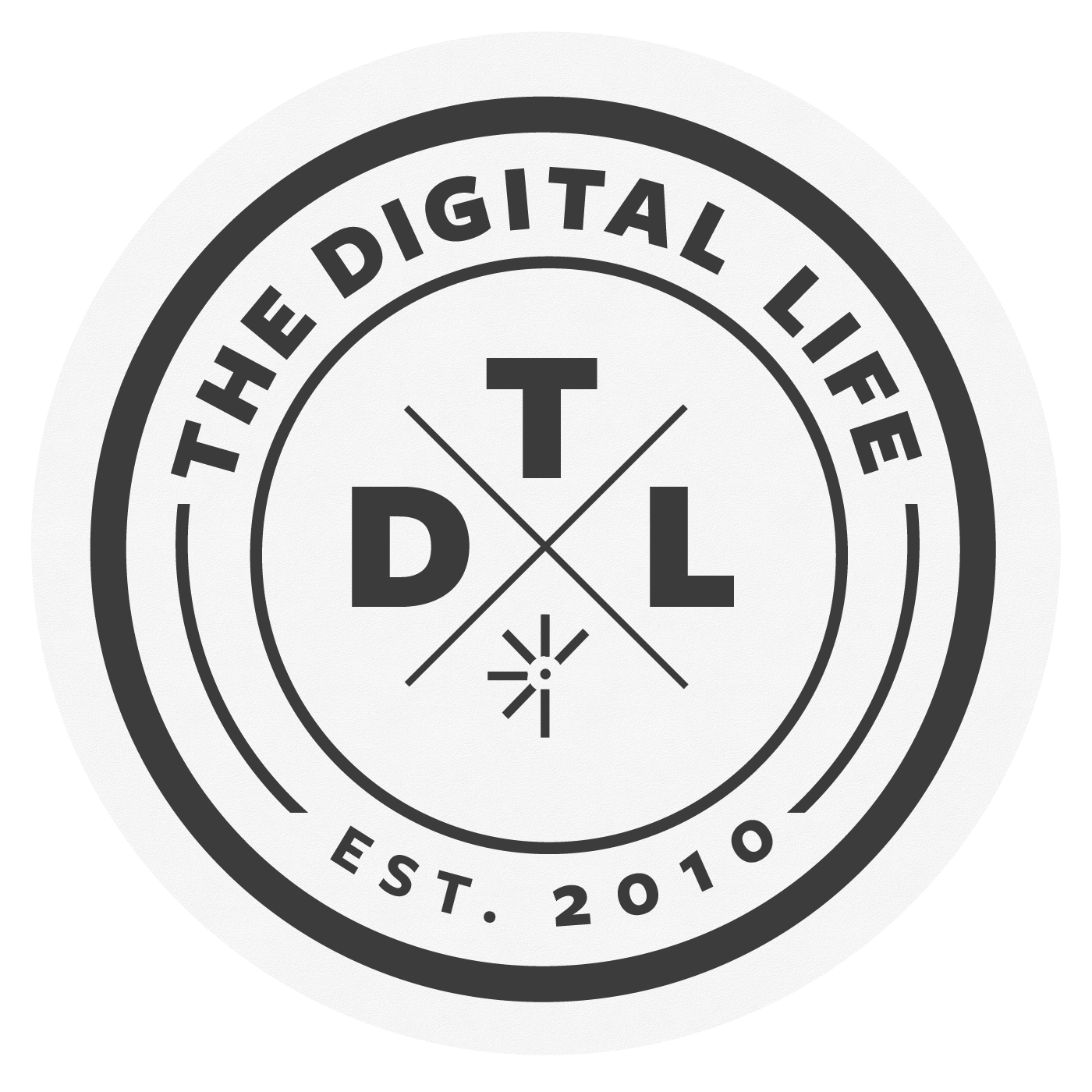Episode Summary
The Super Bowl last weekend was a testimony to the integration of technology at the highest level of sporting competition — from the ultra high-definition cameras for broadcast clarity, to the tablet displays for reviewing plays with coaching staff, to the deluge of viewing audience commentary via social media.
In tribute to that exciting finale to the 2014 football season, in this episode of The Digital Life we discuss the training, techniques, and technology for professional football and how the advances the NFL is making toward a complete view of health metrics and performance in real time is inspired by the quantified self movement.
The NFL has taken the lead in quantifying their athletes play, including sensor technology in helmets for measuring impact, electronic health records (EHRs) on the sidelines for reviewing player history, and wearables in the uniforms to track position on the field. What does this technology integration mean for the future of health?
Here are a few quotes from this week's discussion.
Jon on the future of real time health metrics:
It’s that real-time aspect, coupled with … I know the NFL has procured electronic health records that can be used by the trainers on the sideline, so mapping some of those real-time aspects to the history of health of that player. I think there’s fantastic potential there, not just for these guys who are professionals at the top of their industry, but also as this technology progresses and becomes more affordable and available, giving ourselves that missing user’s manual for our own bodies. I think that’s maybe the promise that the quantified self has. Now, to be clear, as you pointed out as well, we’re a long way from that, but I think that, as people, we’re not very in touch with what’s going on inside us as a human machine. I know that, even with all this involvement in the health industry, I know I’m guilty of not really understanding how my body works as well as I should. I see in that real-time analysis and mapping to the historic record some potential for advancing our own understanding of our bodies in the future.
Dirk on social change and health:
What you’re talking about there starts to talk on social change that really needs to happen. Most of us are not tied in to how our bodies are working and our health in the way that we should be, in some objective sense, because of the requirements that the society makes upon us. The needs that we have to pay bills and function in this capitalist 40 hour work week crucible, we spend all of our time or much of our time, certainly not all, we spend much of our time focused on … just focused on rubbish, focused on things that are just holding up something that doesn’t really need to be there. There’s many consequences of that that we can’t see because it’s a negative. We just plod forward, but one of them, and a big one, is we don’t care about our health. From the desk jobs that keep us sitting all the time that demonstrably make our health worse to just not having the time, attention, and sort of the, I’ll call it, psychological bandwidth, to deal with our health.
